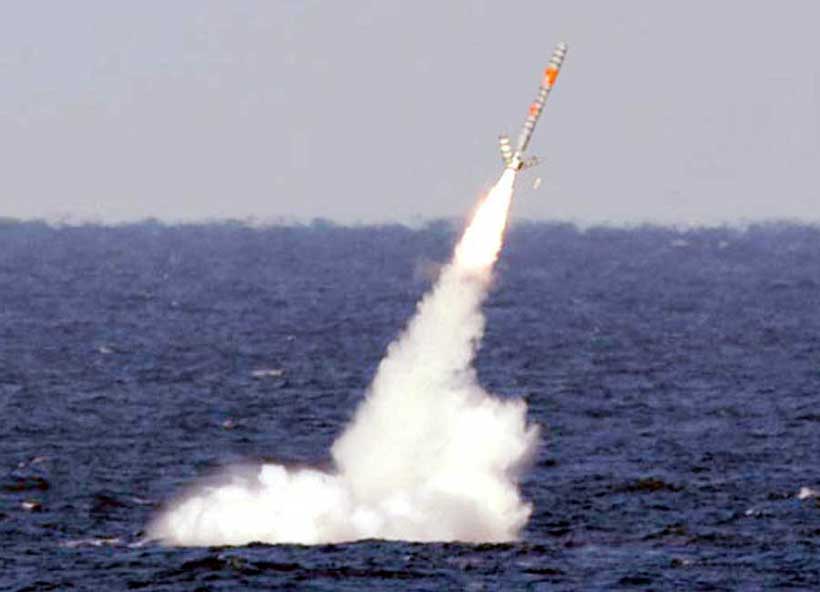At midnight on 6th April 2025, Indian forces launched attacks on multiple locations in Pakistan, including Shakargarh, Sialkot, Muridke, Bahawalpur, Kotli, and the Muzaffarabad area of Punjab and the Pakistani part of Kashmir, using standoff precision-guided munitions. The attacks occurred in the Muslims’ religious places, hydropower infrastructure, and commercial air routes, violating international law and human norms alike, and so far 26 civilian deaths have been reported. India has also challenged Pakistan’s sovereignty and territorial integrity and violated the international border in the darkness of night. India and Pakistan are the archrival two nuclear weapons states of the South Asia region. However, India’s attack indicates the aggressive posture of Indian Prime Minister Modi’s regime to target the unarmed civilian and innocent children. This is not merely a border skirmish; it is a calculated escalation with far-reaching strategic consequences for the entire South Asian region. Various media reports highlighted that in retaliation and for the defense of the state, Pakistani armed forces also hit all of the Indian fighter jets and drones from their own territory with PL-15.
The tension between India and Pakistan escalated when, on April 22, 2025, terror shattered the peace of Baisaran Valley near Pahalgam, a scenic hill station in Indian-administered Kashmir (IOJK) known as “Mini Switzerland.” Armed gunmen opened fire on civilians, resulting in 26 casualties. Instead of allowing a transparent investigation to determine the perpetrators, India hastily blamed Pakistan, offering no concrete evidence to back its claim. It was India’s security failure; before putting the finger on Pakistan, India needs to have a neutral investigation of the incident and should provide evidence of linkages of the Pakistani state to these attacks. However, India’s recent attack on Pakistan’s territory and targeting civilian population indicates that the Pahalgam attack was an orchestrated provocation. India, under the leadership of Narendra Modi, launched this attack not in defense but for political theater—under the cover of night, on civilian infrastructure, without evidence or provocation. This isn’t an act of strength—it’s a display of desperation. And if this escalates, it won’t just make headlines; it will be etched in history as the moment ego led us to the brink of nuclear catastrophe.
Pakistan has concluded the meeting of the National Security Committee under the leadership of Prime Minister Shehbaz Sharif, and it has been decided that in consonance with Article 51 of the UN Charter, Pakistan reserves the right to respond, in self-defense, at a time, place, and manner of its choosing to avenge the loss of innocent Pakistani lives and blatant violation of its sovereignty. The Armed Forces of Pakistan have duly been authorized to undertake corresponding actions in this regard. India’s missile strikes inside Pakistan were reckless, unprovoked, and a clear violation of international law. India’s recent attacks have put the peace and stability of the entire South Asian region in serious jeopardy. At the moment the strikes occurred, 57 international commercial flights, including those operated by major Gulf and European airlines, were either within or approaching Pakistani airspace. This reckless action posed a direct danger to civilian air traffic, placing thousands of innocent lives at risk. It goes beyond a hostile move against Pakistan; it represents a clear threat to global peace and security. By heightening tensions in a nuclear-armed region, India has shown a disturbing disregard for international laws, aviation safety, and the value of human life.
By targeting civilian airspace and deliberately provoking conflict, India has revealed itself as a reckless and irresponsible actor on the global stage. Its actions undermine regional stability and pose a serious threat to international peace. The international community must look beyond India’s carefully crafted narratives and recognize the true source of aggression. This is a defining moment for global powers to uphold justice, demand accountability, and prevent further escalation. Without decisive diplomatic intervention, India’s adventurism could plunge South Asia and potentially the wider world into a dangerous and prolonged conflict. Several nations have already voiced serious concerns; Azerbaijan condemned the military strikes on Pakistan and urged restraint and dialogue; Turkey, through Foreign Minister Hakan Fidan, expressed strong solidarity with Pakistan against India’s unprovoked aggression; and China described India’s military action as “regrettable,” calling for de-escalation and expressing concern over the unfolding situation.
To prevent the escalation between the two nuclear states, India and Pakistan, the international community must play a role to bring them to the negotiation table. Both states need an immediate ceasefire to avoid civilian deaths and triggering nuclear risks; they must also halt the cross-border military activities and refrain from provocative statements. There is also an immediate need to establish a neutral and impartial investigation mechanism under the supervision of the United Nations to determine the perpetrators of the Pahalgam attack. There must be restoration of military-to-military and diplomatic communication channels for conflict management. Moreover, the United Nations Security Council (UNSC) and the UN Secretary-General must actively intervene by appointing a special envoy to mediate between the two sides. Key international actors such as China, Turkey, the United States, the EU, and the Organization of Islamic Cooperation (OIC) should support de-escalation through diplomatic engagement and pressure for dialogue. Track two diplomacy is vital in the time of crisis and addresses the root cause of the internationally recognized disputed territory of Kashmir in accordance with the UNSC resolutions and wishes of Kashmiri people by granting them the right of self-determination.
Last but not least, both states need to realize that war is not the only solution, but it is a diplomatic failure to de-escalate the tension in the South Asian region. In a nuclearized region of South Asia, its consequences would be catastrophic not only for India and Pakistan but also for regional and global security. The world cannot afford another conflict zone. The international community must rise to the occasion, play an impartial mediating role, and help both nations choose peace over provocation and dialogue over destruction.
